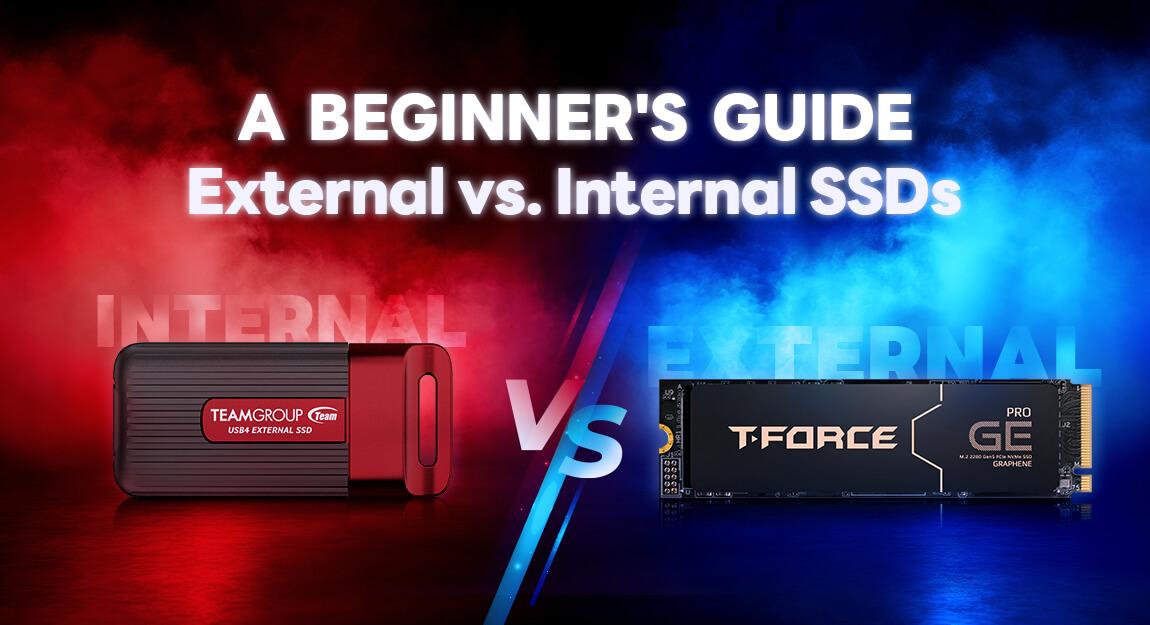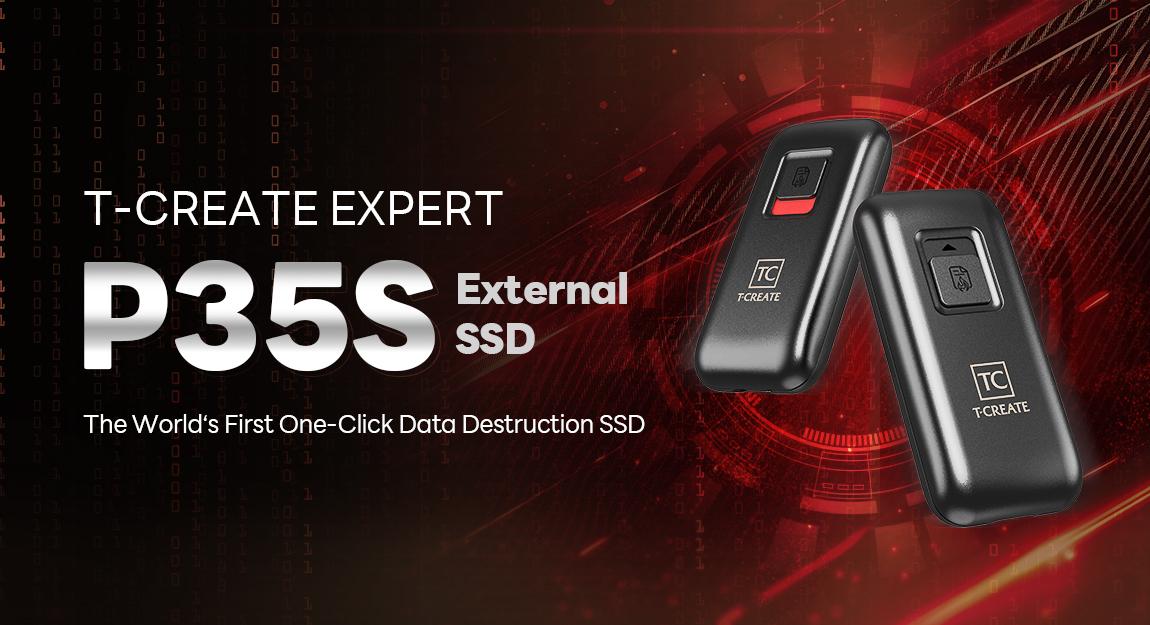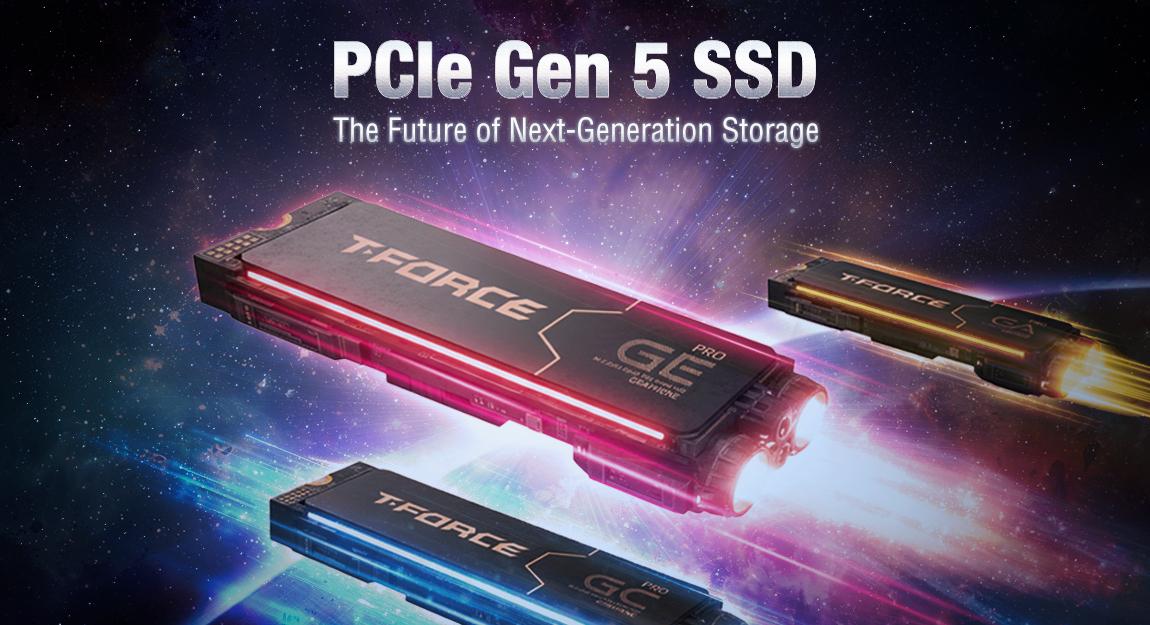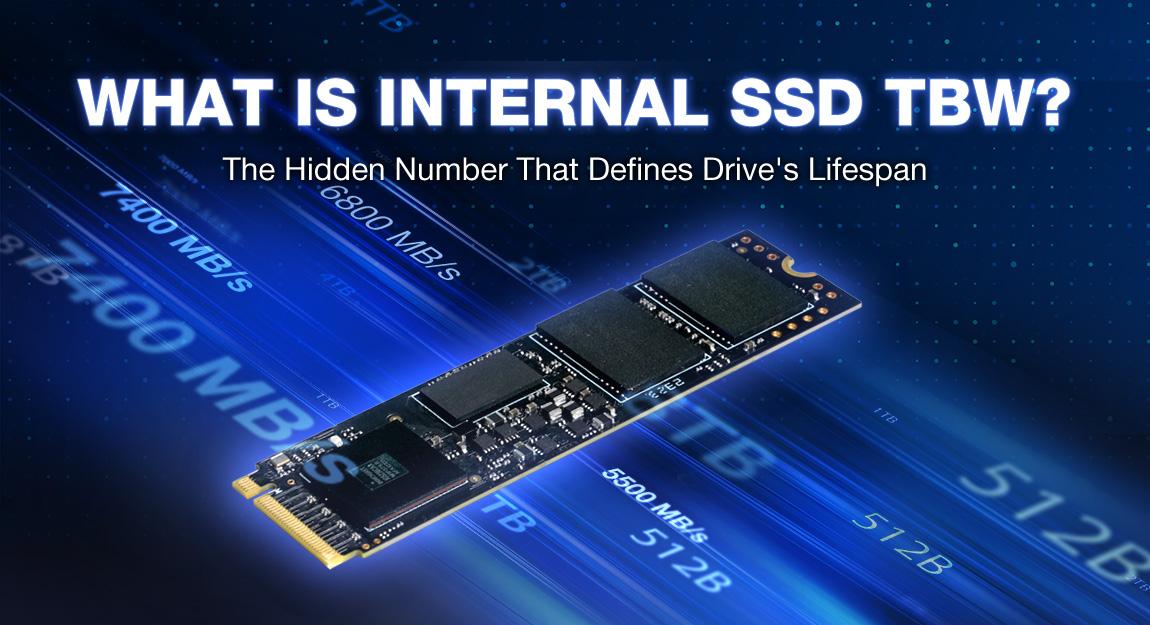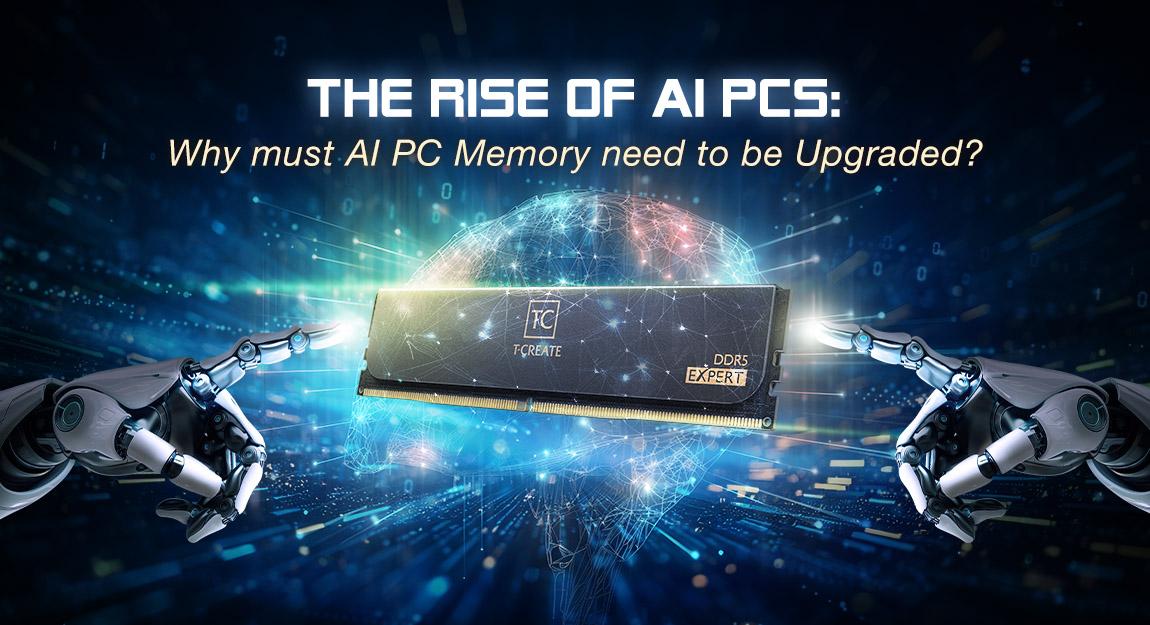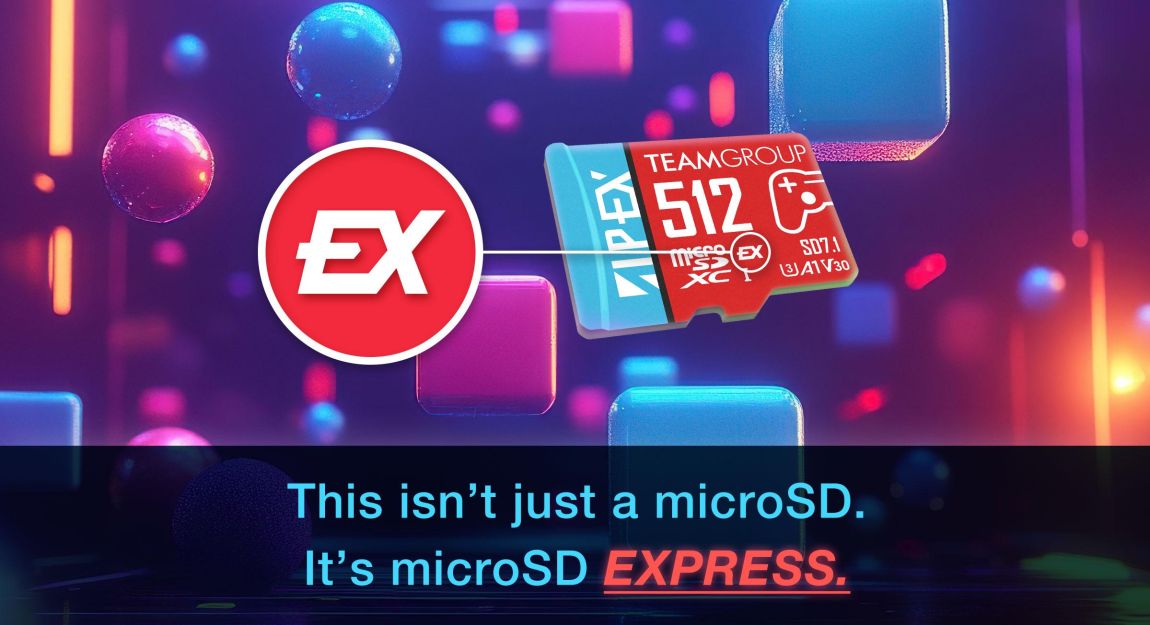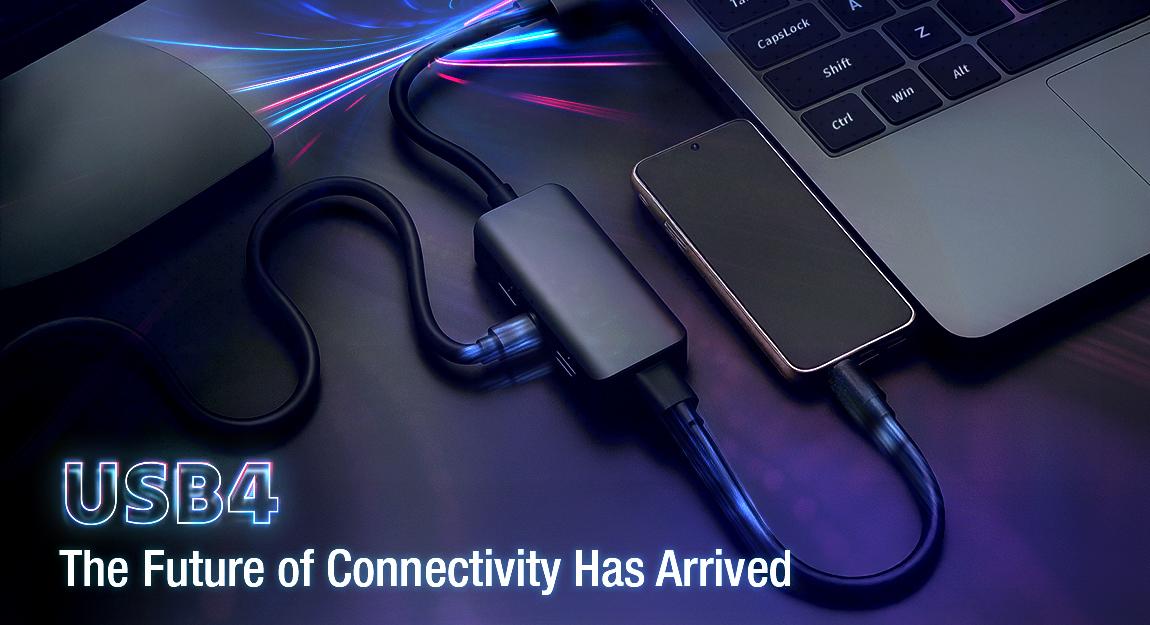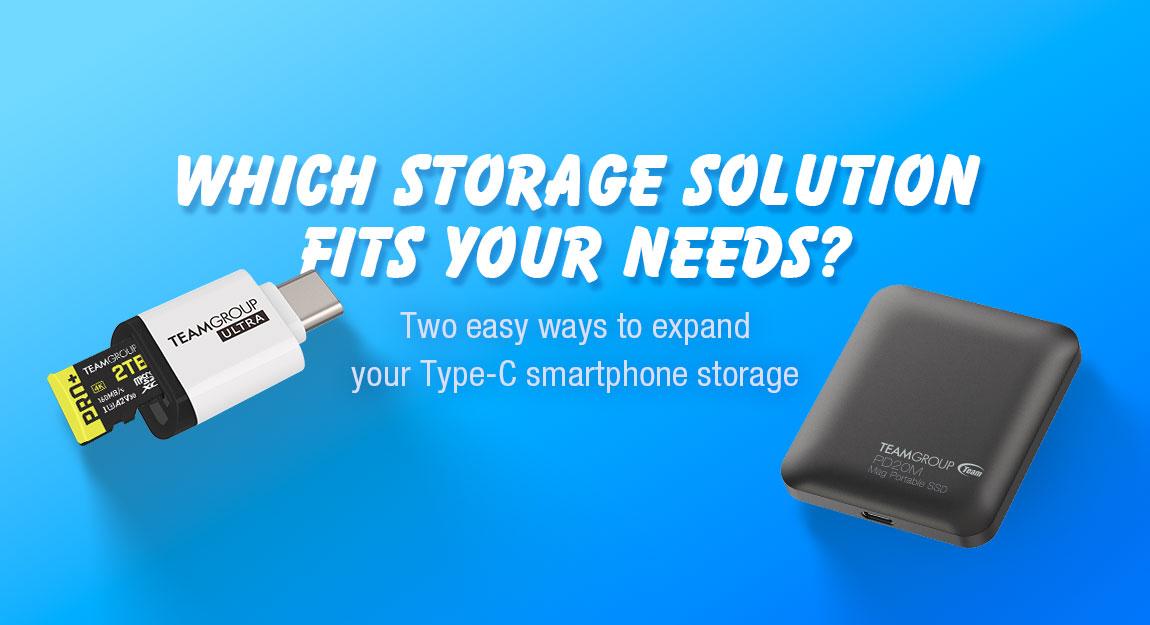What SSD Should I Use for Intel Z590?
Speaking of M.2 PCIe SSD, the latest version on the market today is the Gen4. In fact, Gen4 was defined by PCI Express as early as 2017, but at that time, it was not the best choice in terms of motherboard support or manufacturing cost. It wasn't until the AMD X570 series motherboards were launched in 2019, with the focus on supporting ultra-high-speed Gen4 x4 interface, that consumers began to experience the ultra-fast transfer speed of M.2 Gen4 x4 PCIe SSD.
The AMD B550 series that launched in 2020 also has the same Gen4 x4 interface. At that time, if you wanted to experience a PCIe 4.0 SSD, you would have to buy either of these two series of AMD motherboards. I originally speculated that Intel may not want to compete in the Gen4 market with AMD, and jump straight to Gen5. As a result, the Intel Z590 series launched in early 2021, each motherboard manufacturer made some smart changes to the motherboard layout directly. Based on the premise that the 11th Intel CPU itself can support 20 PCIe 4.0 lanes, the lanes on some motherboards that originally belonged to the graphics cards are removed for M.2 SSDs, and consumers have a new choice of PCIe 4.0 SSD in addition to AMD X570 and B550.
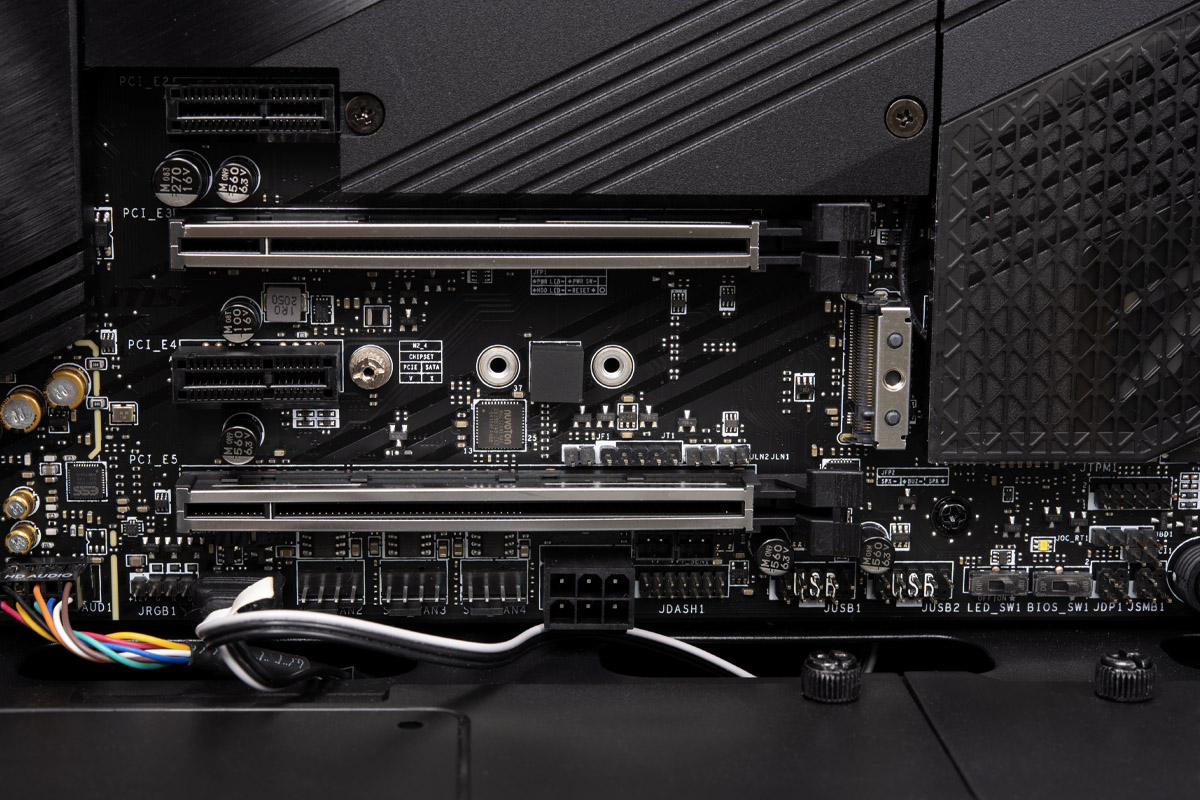
So, if you want to experience ultra-high transfer speeds, what are the recommendations?
For PC enthusiasts who have multiple motherboards on hand, you can choose the CARDEA A440 PCIe SSD which the heat spreader can be assembled by yourself. You can have the patented aluminum fin-type heat sink and the patented ultra-thin graphene heat spreader both at once.
If you are not sure whether your existing motherboard has a M.2 heat sink, you can simply choose the CARDEA Ceramic C440 PCIe with the white ceramic heat spreader, or the CARDEA ZERO Z440 PCIe SSD with black ultra-thin graphene heat spreader, offering you different colors of gaming experience.
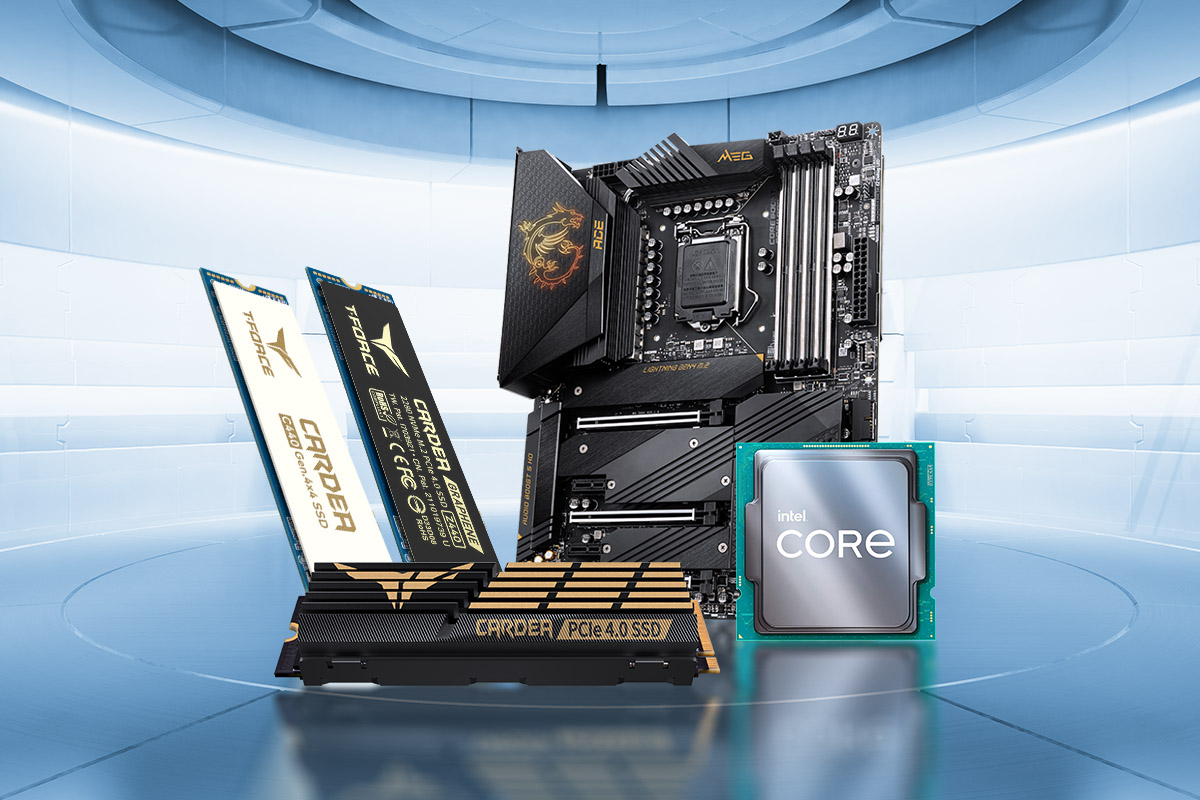
https://youtu.be/32i72fMbqBs
Let us take a look at the speed that I have tested with these SSDs on the MSI Z590 ACE motherboard using CDM and TxBENCH!
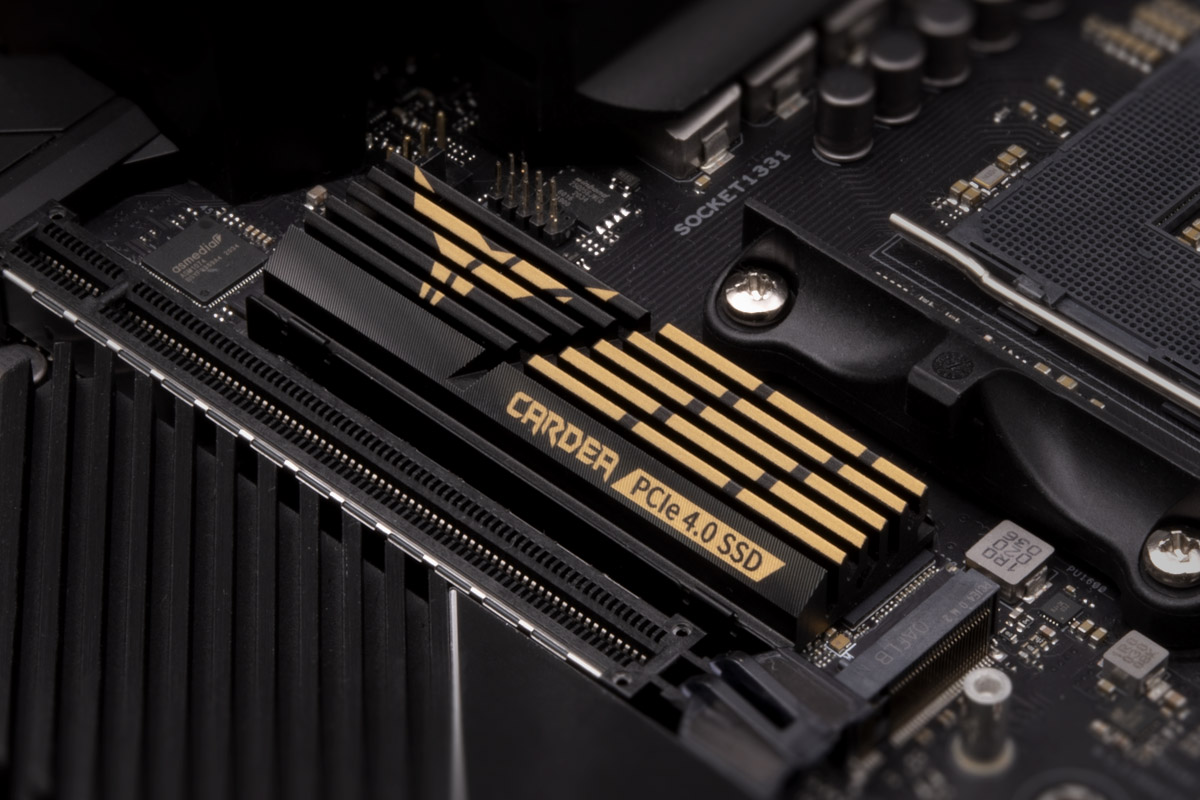
First, let's take a look at the CDI
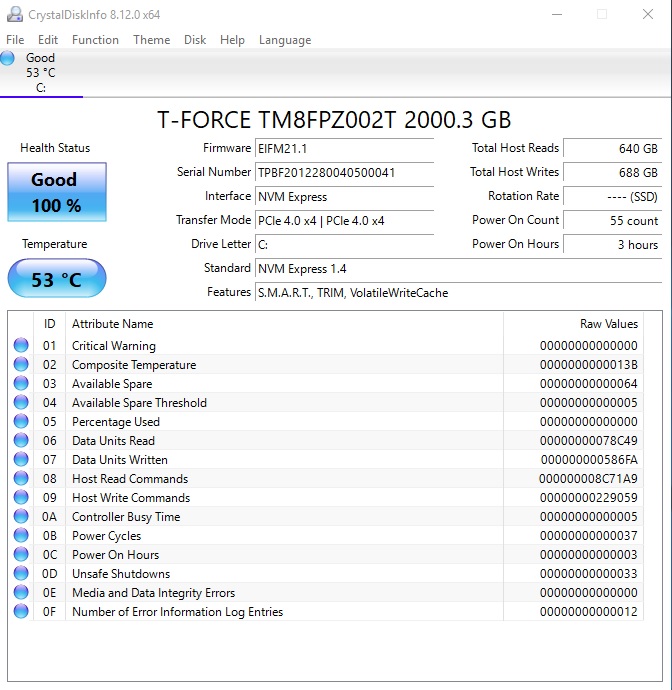
CDM speed test
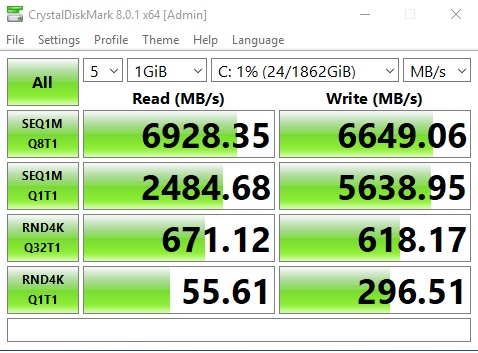
TxBENCH speed test
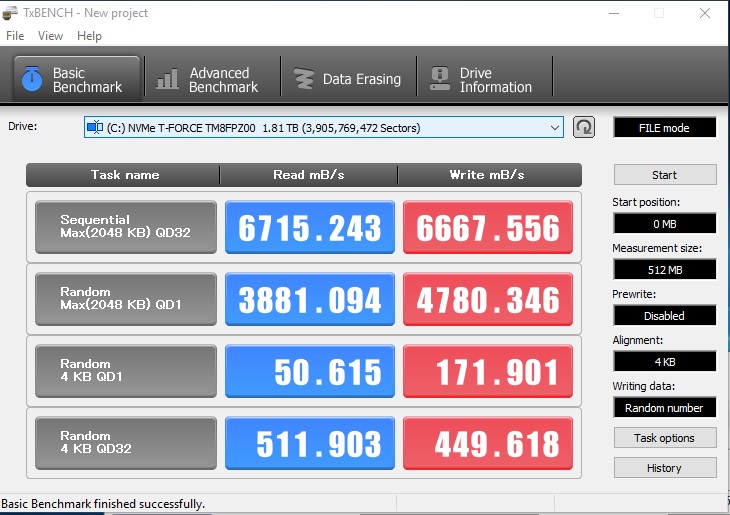
The A440 is one of the top SSDs in R/W on the market today. With its read/write speed, I can save a lot of my time when handling some of my 100GB video files!
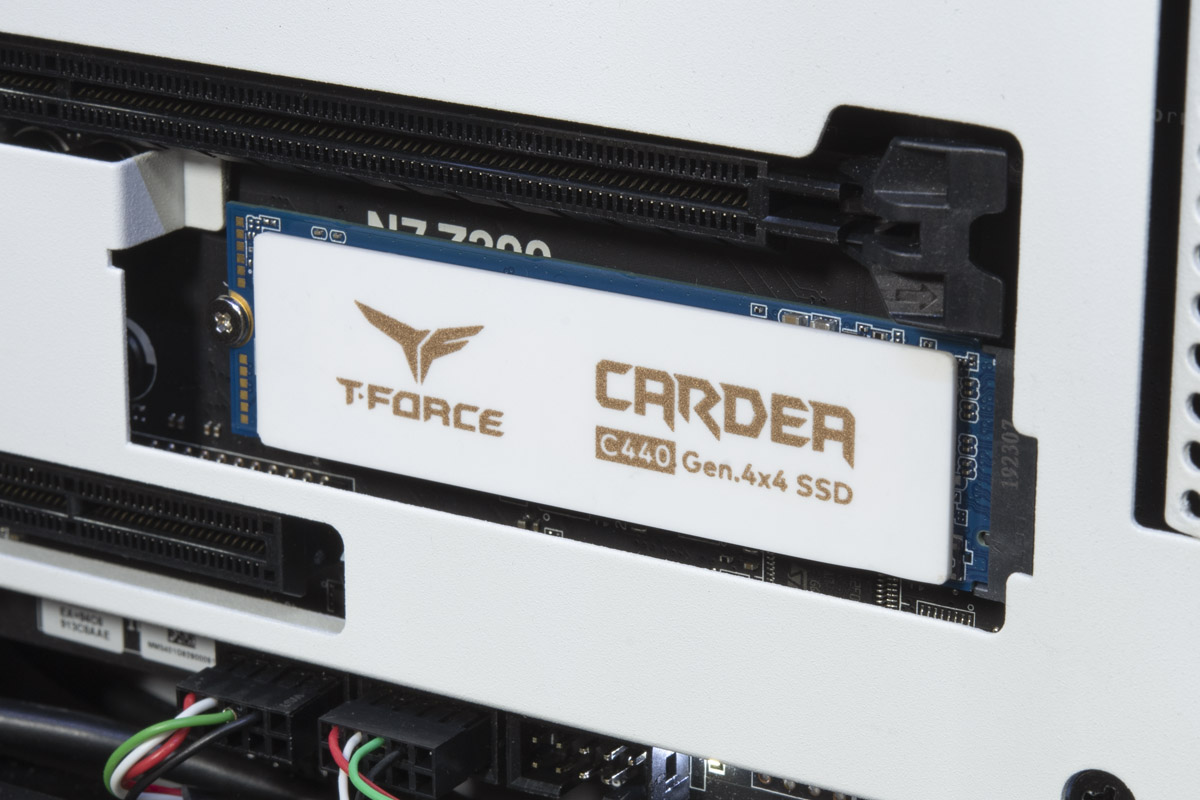
Let's also take a look at the CDI first

CDM speed test
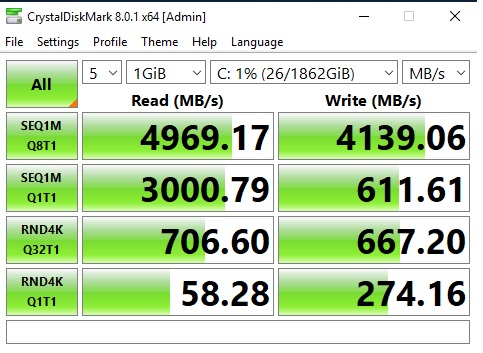
TxBENCH speed test
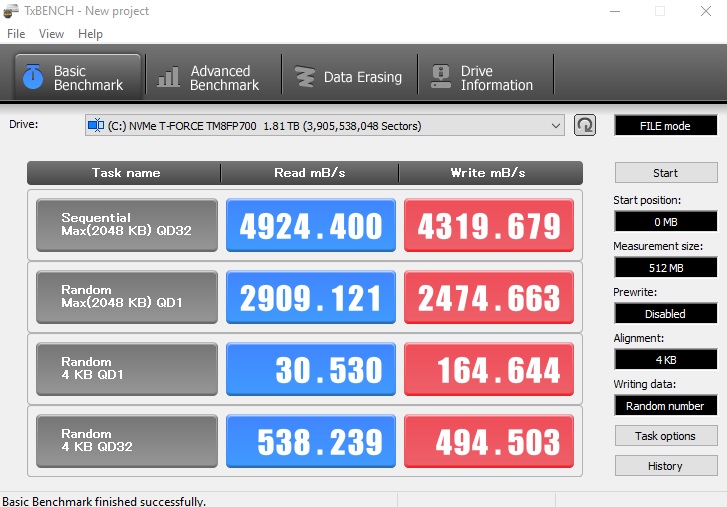
The R/W of the C440 is considered to be the mainstream speed of Gen4x4. The actual test result is very close to the official specifications, which shows that T-FORCE has good quality control.
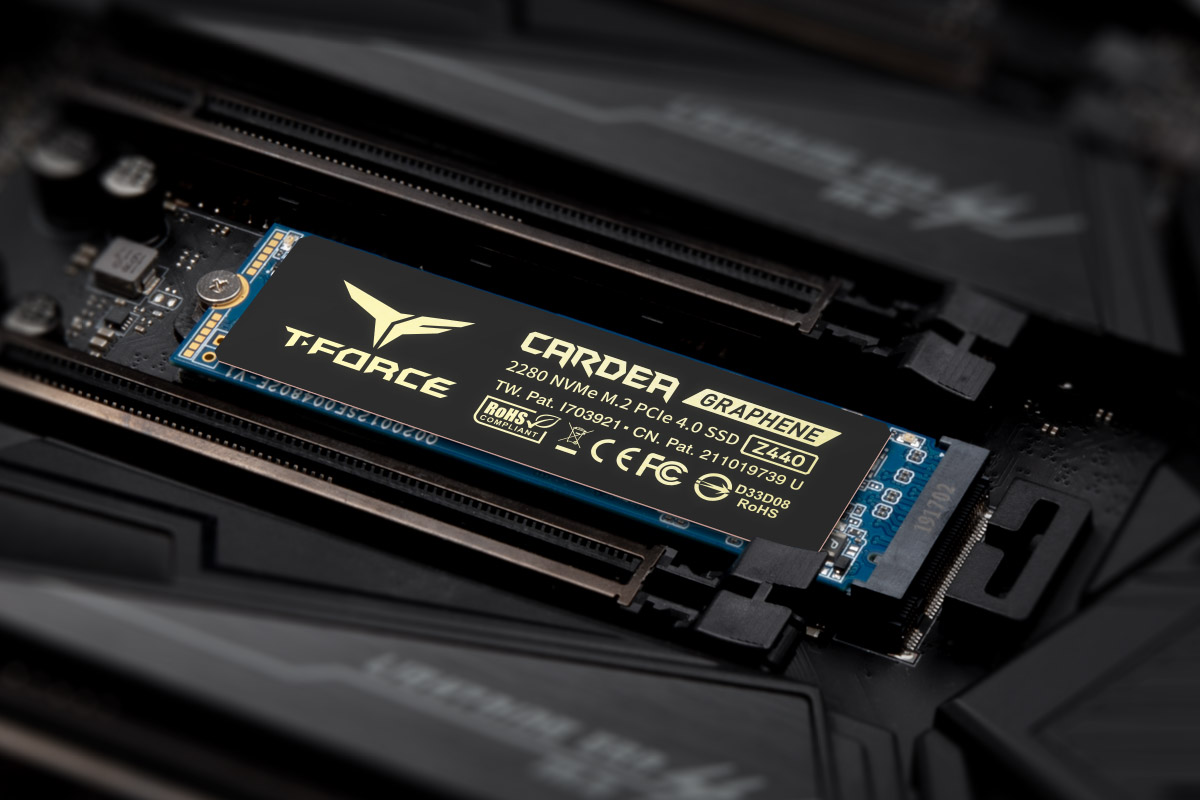
Take a look at the CDI first as well
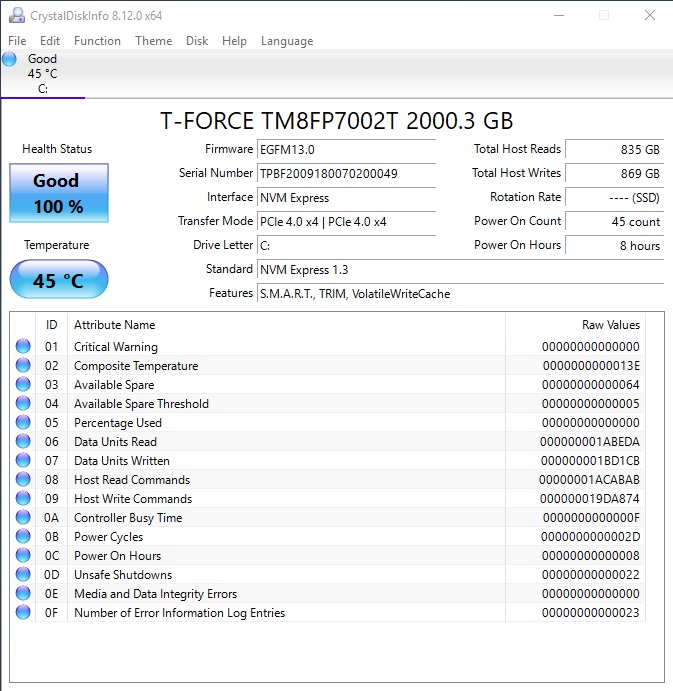
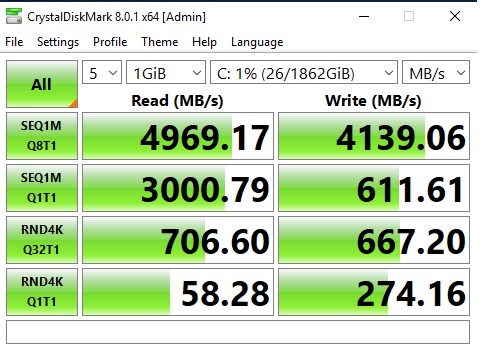
TxBENCH speed test
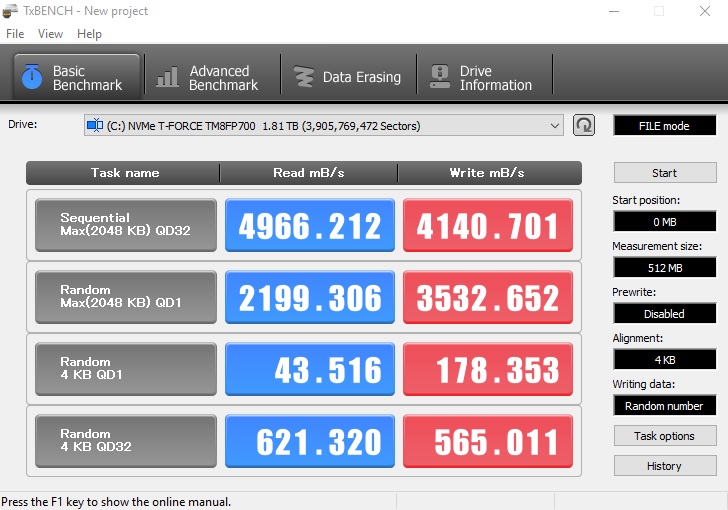
With mainstream R/W speed, the Z440's actual test also has a similar read/write speed, the difference is that this model uses graphene as the cooling material. The appearance is in contrast with the ceramic C440, which is the natural black of graphene. So which style do you prefer?
For this, I mainly want to share with you that if you buy the latest generation of Intel Z590 series motherboard, what kind of SSD should be used to give you full performance.
However, I want to remind you that you must use the 11th generation Intel CPU to utilize PCIe 4.0! If you don't use an 11th generation CPU, some motherboards may even fail to read the PCIe 4.0 SSD, so be sure to check the specifications of the platform you are using before choosing the right SSD.
The AMD B550 series that launched in 2020 also has the same Gen4 x4 interface. At that time, if you wanted to experience a PCIe 4.0 SSD, you would have to buy either of these two series of AMD motherboards. I originally speculated that Intel may not want to compete in the Gen4 market with AMD, and jump straight to Gen5. As a result, the Intel Z590 series launched in early 2021, each motherboard manufacturer made some smart changes to the motherboard layout directly. Based on the premise that the 11th Intel CPU itself can support 20 PCIe 4.0 lanes, the lanes on some motherboards that originally belonged to the graphics cards are removed for M.2 SSDs, and consumers have a new choice of PCIe 4.0 SSD in addition to AMD X570 and B550.

So, if you want to experience ultra-high transfer speeds, what are the recommendations?
For PC enthusiasts who have multiple motherboards on hand, you can choose the CARDEA A440 PCIe SSD which the heat spreader can be assembled by yourself. You can have the patented aluminum fin-type heat sink and the patented ultra-thin graphene heat spreader both at once.
If you are not sure whether your existing motherboard has a M.2 heat sink, you can simply choose the CARDEA Ceramic C440 PCIe with the white ceramic heat spreader, or the CARDEA ZERO Z440 PCIe SSD with black ultra-thin graphene heat spreader, offering you different colors of gaming experience.

https://youtu.be/32i72fMbqBs
Let us take a look at the speed that I have tested with these SSDs on the MSI Z590 ACE motherboard using CDM and TxBENCH!
A. CARDEA A440 M.2 PCIe SSD

First, let's take a look at the CDI

CDM speed test

TxBENCH speed test

The A440 is one of the top SSDs in R/W on the market today. With its read/write speed, I can save a lot of my time when handling some of my 100GB video files!
B. CARDEA CERAMIC C440 M.2 PCIe SSD

Let's also take a look at the CDI first

CDM speed test

TxBENCH speed test

The R/W of the C440 is considered to be the mainstream speed of Gen4x4. The actual test result is very close to the official specifications, which shows that T-FORCE has good quality control.
C. CARDEA ZERO Z440 M.2 PCIe SSD

Take a look at the CDI first as well


TxBENCH speed test

With mainstream R/W speed, the Z440's actual test also has a similar read/write speed, the difference is that this model uses graphene as the cooling material. The appearance is in contrast with the ceramic C440, which is the natural black of graphene. So which style do you prefer?
Conclusion
For this, I mainly want to share with you that if you buy the latest generation of Intel Z590 series motherboard, what kind of SSD should be used to give you full performance.
However, I want to remind you that you must use the 11th generation Intel CPU to utilize PCIe 4.0! If you don't use an 11th generation CPU, some motherboards may even fail to read the PCIe 4.0 SSD, so be sure to check the specifications of the platform you are using before choosing the right SSD.
RELATED Blog
1
9
22.Jan.2026
A Beginner’s Guide: External vs. Internal SSDs
05.Sep.2025
T-CREATE P34F: The SSD with Apple Find My
24.Jul.2025



